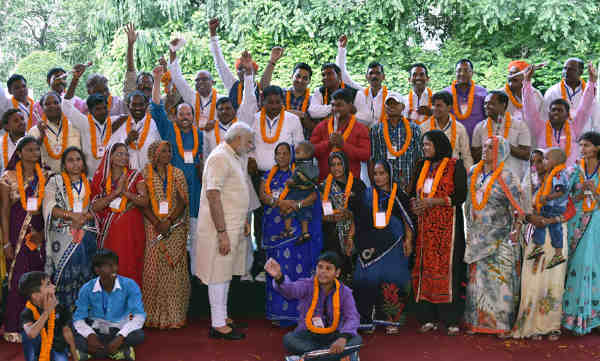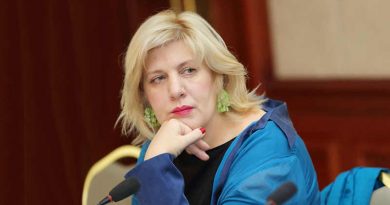Pakistan Raises Kashmir Issue Forcefully at UN Event

Pakistan told the UN General Assembly that it will share a dossier containing evidence of the gross and systematic violations of human rights committed by Indian forces in the occupied Kashmir.
By Rakesh Raman
Pakistan Prime Minister Nawaz Sharif took a forceful stand on Kashmir in the UN General Assembly on Wednesday and urged the world community to help resolve the lingering dispute with India which has claimed lives of tens of thousands of innocent people.
Prime Minister Sharif, supporting the freedom demand of the Kashmiri people, asked for “an independent inquiry into the extra-judicial killings and a UN fact-finding mission to investigate the Indian brutalities.” He made it clear that resolution of the Kashmir dispute was indispensable for peace and normalization between Pakistan and India.
[ Why Is Barack Obama Silent on Kashmir Issue? ]
Sharif told the UN General Assembly that Pakistan will share a dossier containing evidence of the gross and systematic violations of human rights committed by Indian forces in the occupied Kashmir.
Pakistan is leaving no stone unturned to internationalize the burning Kashmir issue as local Kashmiris are facing the wrath of Indian security forces which are hell-bent to crush all voices that demand freedom from India.
The United Nations Security Council Resolution 47, adopted on April 21, 1948, concerns the resolution of the Kashmir conflict. After hearing arguments from both India and Pakistan, the Council increased the size of the Commission established by United Nations Security Council Resolution 39 to five members (with representatives of Argentina, Belgium, Columbia, Czechoslovakia, and the United States).
[ UN Human Rights Office Denied Access to Kashmir ]
It instructed the Commission to go to the subcontinent and help the governments of India and Pakistan restore peace and order to the region and prepare for a plebiscite to decide the fate of Kashmir.
The resolution was passed by United Nations Security Council under chapter VI of UN Charter. Resolutions passed under Chapter VI of UN charter are considered non-binding and have no mandatory enforceability as opposed to the resolutions passed under Chapter VII.
After taking the Kashmir issue successfully to the United Nations (UN) again, now Pakistan is giving an Islamic color to the trouble in Kashmir where more than 85% of people are Muslims.
[ Is India Planning for a War with Pakistan? ]
Pakistan’s Prime Minister Muhammad Nawaz Sharif has urged the OIC (Organisation of Islamic Coopertaion) and other Muslim countries to raise voice for their Kashmiri brothers and sisters “whose fundamental human rights have been desecrated by Indian security personnel through use of brute force.”
The tension between India and Pakistan has increased during the past few days as militants had attacked an Indian army camp on Sunday and killed 17 soldiers in Uri in the Baramulla district of Jammu and Kashmir (J&K). While India – as usual – blamed Pakistan for the attack, the latter rejected the Indian allegations vehemently.
Meanwhile, a protest rally has been planned by Pakistani Americans and Kashmiri outfits outside the United Nations on September 26 when an Indian minister will address the General Assembly.
The Pakistani rally is supposed to register the protest over the ongoing violence in Kashmir and to urge the world body to fulfill its promise of getting right of self-determination for the Kashmiri people.
[ Is it a Struggle for Freedom or Terrorism in Kashmir? ]Prime Minister Sharif used his meetings with several world leaders on the sidelines of the General Assembly to highlight the Kashmir issue and seek their support to end the Indian brutalities unleashed on innocent Kashmiri people.
The people of Pakistan, according to Associated Press of Pakistan (APP) – a news site run by Pakistan government – called on all politicians to shun their differences and stand behind the government to send a clear message to the world that the whole Pakistani nation wants the resolution of the Kashmir dispute.





